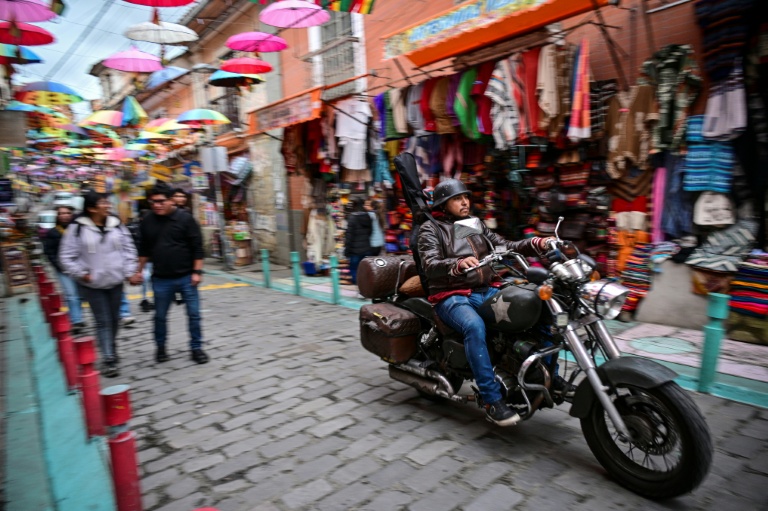Bolivia is poised to elect a new president on Sunday, marking a significant shift from two decades of socialist governance. With the economy in turmoil, voters will choose between two pro-business candidates, economist and senator Rodrigo Paz and former interim president Jorge Quiroga. This election comes after a first electoral round in August, where the ruling Movement Toward Socialism (MAS) party, founded by former president Evo Morales, suffered a setback, leaving the party’s influence in question.
The Bolivian economy is currently experiencing its worst crisis in 40 years, characterized by severe shortages of essential goods, including fuel, and an inflation rate exceeding 20 percent. With 11.3 million people facing economic hardship, voters are desperate for change. Long queues at gas stations have become commonplace, reflecting a deepening crisis. “The situation is terrible, we don’t know what’s going to happen,” said Felicidad Flores, a street vendor in La Paz.
Impacts of Past Policies and Future Challenges
The economic troubles stem from policies implemented during the administration of Luis Arce, who will leave office on November 8, 2023. His government attempted to maintain a universal fuel subsidy, which ultimately strained the nation’s dollar reserves. Additionally, a lack of investment in the hydrocarbons sector, historically Bolivia’s economic backbone, has led to declining production and a reliance on imports that the government can no longer afford.
Political analysts warn that the new president will face immediate challenges. Daniela Osorio, from the German Institute for Global and Area Studies, noted that Bolivians’ patience is dwindling. “If the winner does not take measures to help the most vulnerable, this could lead to a social uprising,” she stated. The economic recovery will require difficult choices, as both Paz and Quiroga have proposed cutting the universal fuel subsidy to alleviate financial strain.
Quiroga advocates for opening Bolivia to international investment and foreign loans, while Paz promotes a “capitalism for all” approach, emphasizing decentralization and fiscal discipline. Both candidates aim to stabilize the economy while maintaining social programs, but experts believe this dual approach may not be sustainable.
Political Landscape and Voter Sentiment
As the election nears, the political landscape is marked by tension. Neither candidate is expected to secure a majority in Congress, which means they will need to negotiate with opposition parties to enact their agendas. Maria Teresa Zegada, a Bolivian sociologist, observed that the bitter campaign has resulted in personal attacks that have created lasting divisions.
Morales, although barred from seeking another term, remains a significant political figure. His influence could challenge the new president’s initiatives, especially as he faces an arrest warrant related to human trafficking allegations, which he denies. “Even weakened, Morales remains a factor of potential destabilization,” warned Osorio.
With nearly eight million voters required to participate, the outcome of this election will not only shape Bolivia’s economic policies but also its social fabric in the years to come. The decisions made by the next leader will have profound implications for the nation’s recovery and its path forward from this economic crisis.
